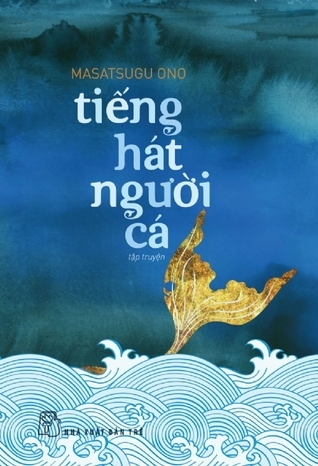What do you think?
Rate this book


290 pages, Paperback
First published June 14, 2002
‘Hot air came rushing in—hordes of starving people swarming into a palace after the dictator has fled: forcing the great doors and, overrunning the palace, mad with anger and delight, grabbing riches that had originally been plundered from the people, from them’
’Just when you think your informants are about to tell you something, they go off on a tangent, recounting anecdotes of no direct relevance...the ethnologist begins to think sincere attempts to discover truths about a society and culture are being deliberately obstructed…For them, it’s the normal way of talking about the subject. We may think they’re digressing, but in their minds they aren’t at all. And what we find logical can be totally irrational to them.’
‘The boat in the bay floated silently as the rain beat down. It was like a memorial to the victims of a disaster that had been wrought by humans, and yet was more terrible than humans could imagine.’
"'Violence passes from person to person,' Iwaya said, tickling Shiro's neck. 'And it builds up.'"I haven't yet found many articles or reviews who discuss the book from this angle - so many reviewers want to compare the author to Murakami and interpret the events as weird, as if they are not really happening. But to me the true power of the novel is the idea that they really are, that people choose not to see the dead bodies and the rotten fish and the child chained up in the yard. And they are suffering the consequences.
I don’t think anyone would object if I said Ōe and Murakami are the two novelists that represent contemporary Japanese literature from the end of the war through the present. Is it surprising that reading foreign literature in the original played a crucial role in their literary development? They are always writing through the experience of the “foreign.” As Proust said: “les beaux livres sont écrits dans une sorte de langeue étrangère (beautiful books are written in a kind of foreign language).” Even if Oe and Murakami seem to be writing in Japanese, they might truly be writing in some kind of foreign language.
It was there, in Orléans, that I began to translate into Japanese Foucault, Glissant, Naipaul, and Marie NDiaye. I feel now that without this effect of distance—geographical distance from my hometown and linguistic distance made possible by it, as well as the in-between space opened up by the act of translation—I couldn’t have written my novel. This distance made it possible for me to see the place and people of my native land in such a vivid way that wouldn’t have been possible if I had been in Tokyo. I am convinced that, like in Murakami and Oe’s work, the in-between space of translation and complete detachment from Japanese helped me to be more sensitive to the language than when I was surrounded by it—or perhaps it allowed me to find my own kind of foreign language.
from https://www.theparisreview.org/blog/2...
Recommended – 4.5 stars